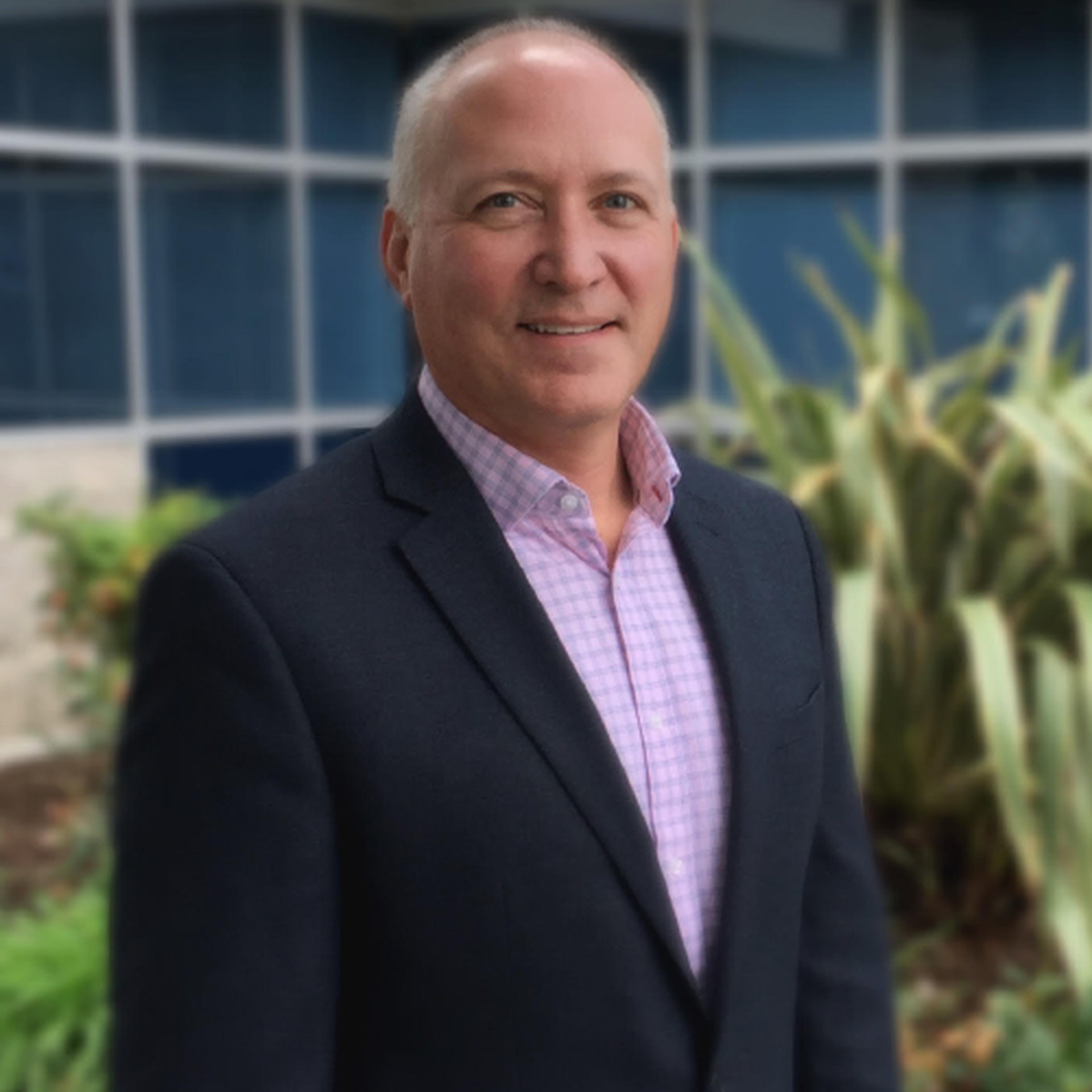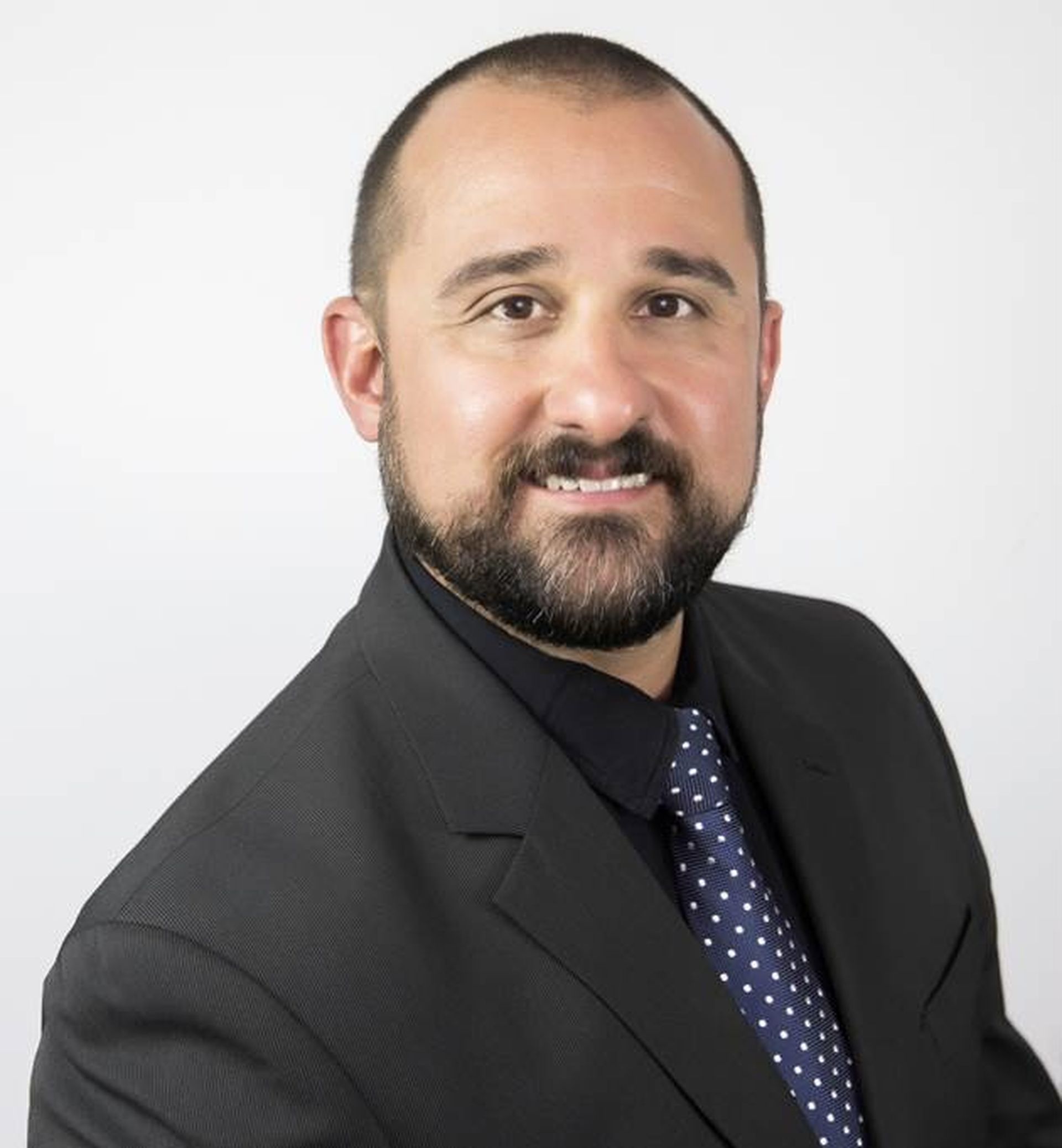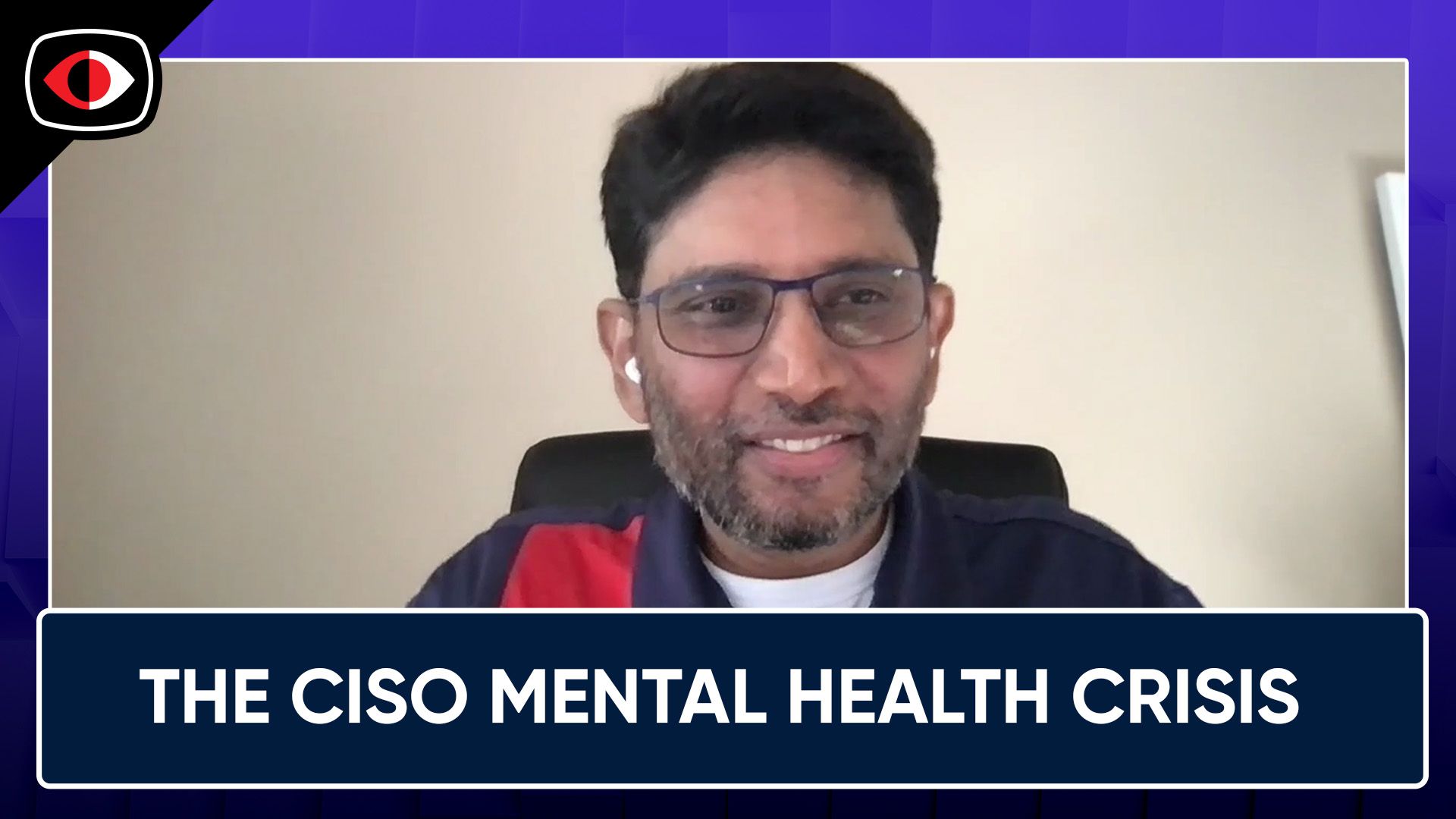The CISO Mindset, Top Strategies, and Mandating Office Presence Without Purpose – David Bradbury, Erin Baudo Felter – BSW #370
Full Audio
View Show IndexSegments
1. The CISO Mindset, Top Strategies, and Mandating Office Presence Without Purpose – BSW #370
In the leadership and communications segment, The CISO Mindset: A Strategic Guide for Aspiring CEOs and The Board Members, The Top Strategy to Earn More Respect at Work: A Leadership Expert’s Proven Method, The Problem with Mandating Office Presence Without Purpose, and more!
Announcements
Dive into cybersecurity with CyberRisk Alliance for exclusive insights from RSA Conference 2024. Explore executive interviews with industry leaders, uncovering visionary perspectives on threats and strategies. Delve into curated articles on trends and innovations, equipping yourself with essential knowledge for today's cyber landscape. Visit securityweekly.com/RSAC for expert guidance and inspiration in navigating cybersecurity challenges confidently.
Hosts
- 1. “The CISO Mindset: A Strategic Guide for Aspiring CEOs and The Board Members”
Today, cybersecurity is no longer seen as just a technology risk, but as a business risk. Fortunately, many companies’ boards and stakeholders have started to recognize this, which is great news because there’s a saying that goes:
If you can’t manage risks, you’ll manage crises!
- 2. CISOs: Throwing Cash at Tools Isn’t Helping Detect Breaches
A survey shows three-quarters of CISOs are drowning in threat detections put out by a sprawling stack of tools, yet still lack the basic visibility necessary to identify breaches.
- 3. Denver’s new CISO to bolster cybersecurity awareness – Cities Today
Denver has named Merlin Namuth as the city’s new Chief Information Security Officer (CISO). Namuth’s remit will be to expand and strengthen the city’s information security programme and to ensure it aligns with industry best practices and regulatory requirements.
- 4. How to Avoid Strategy Myopia
It’s easy for organizations to get stuck in strategy myopia — prioritizing the urgent, the proven, and the easily measured — particularly in a moment of intense change. To avoid this, successful leaders follow five principles. First, they refuse false proxies, recognizing that new projects to solve future problems are always less efficient than the status quo. Second, they focus on their customers’ needs, rather than what they currently produce. Third, they know you can’t compromise your way to an elegant strategy, and they make sure the right people are in the room. Fourth, they recognize that solving a big problem requires starting with a small solution. And fifth, they focus on interesting questions, rather than correct answers.
- 5. The Top Strategy to Earn More Respect at Work: A Leadership Expert’s Proven Method
Imagine being in a job where you’re highly respected by your coworkers versus one where you aren’t. The lack of respect can quickly spoil an otherwise great job experience. But before you consider changing roles, there’s something you can do: change your approach. Respect from peers, managers, and direct reports is something you can earn.
- 6. What the Best Leadership Teams Do Right
Given the unique responsibilities of executive teams, it would seem obvious that they require a specialized set of skills and approaches to be effective. And yet few have cracked the code on building and sustaining such effectiveness. There are three critical, highly interdependent roles they must play to have lasting impact on the company’s performance, culture, and ability to adapt. Executive teams often perform one or two of these reasonably well but fall short in integrating all three. The good news is that, with persistent effort, executive teams willing to put in the work can learn to play all three of these roles — setting themselves apart from the many willing to settle for much less.
- 7. The Problem with Mandating Office Presence Without Purpose
In the age of remote work, where technology enables seamless communication and collaboration from virtually anywhere, insisting on in-person office attendance without a clear reason is a growing point of contention. The analogy of a leader acting like a “zookeeper” when mandating physical office presence is fitting: it highlights the pitfalls of outdated managerial practices that prioritize observation over productivity. It’s essential to reconsider why a physical office should exist in the modern work environment and what role it plays in fostering an effective, motivated, and innovative team.
2. Stay Ahead of Identity Threats & Addressing Cybersecurity Disparities – David Bradbury, Erin Baudo Felter – BSW #370
Identity continues to be one of the most used attack vectors by cybercriminals. From phishing to credential stuffing to password spraying – threat actors are finding new ways to infiltrate systems and cause costly problems to companies. David Bradbury, Chief Security Officer at Okta, joins Security Weekly's Mandy Logan to discuss today's threat landscape, what he’s seeing across Okta and our customers and what security leaders need to know about identity threats to stay one step ahead of threat actors today.
Segment Resources: https://www.okta.com/oktane/ https://www.okta.com/press-room/press-releases/okta-openid-foundation-tech-firms-tackle-todays-biggest-cybersecurity/
Though 75% of cybersecurity professionals say the threat landscape today is the most challenging they’ve seen in the last five years, cutbacks on the cybersecurity workforce and widening skills gaps are creating challenges for the industry. It is becoming harder to find people with the right skills to meet growing and evolving needs. Erin Baudo Felter, Vice President, Social Impact & Sustainability at Okta, joins Security Weekly's Mandy Logan to discuss the widening cybersecurity skills gap and the initiatives Okta has in place to help companies develop, recruit and retain talent within the cybersecurity workforce.
Segment Resources: https://www.okta.com/oktane/
This segment is sponsored by Oktane, to view all of the CyberRisk TV coverage from Oktane visit https://securityweekly.com/oktane.
Guests
David Bradbury is the Chief Security Officer at Okta. He oversees security execution, and is responsible for a team navigating the evolving threat landscape to best protect employees and customers. He is also at the forefront of helping Okta’s customers adopt and accelerate Zero Trust security strategies.
Prior to Okta, David was the Senior Vice President and Chief Security Officer at Symantec where he oversaw all cyber security and physical security programs. He has an international reputation for leading and delivering cybersecurity at scale. David has worked across the globe from his native Australia to the UK and the US, leading highly regarded security teams at some of the world’s largest banks including ABN AMRO, Barclays, Morgan Stanley and the Commonwealth Bank of Australia.
David has a Bachelor’s Degree in Computer Science from the University of Sydney.
Erin Baudo Felter is VP of Social Impact and Sustainability at Okta, where she leads the company’s efforts to integrate social and environmental responsibility into its core business strategy. Erin oversees Okta’s philanthropic programs, sustainability initiatives, and social impact partnerships, aiming to create positive change through the power of technology. With over 15 years of experience in corporate responsibility, she is a key advocate for using business as a platform for social good, helping Okta drive innovation while addressing critical global challenges.











